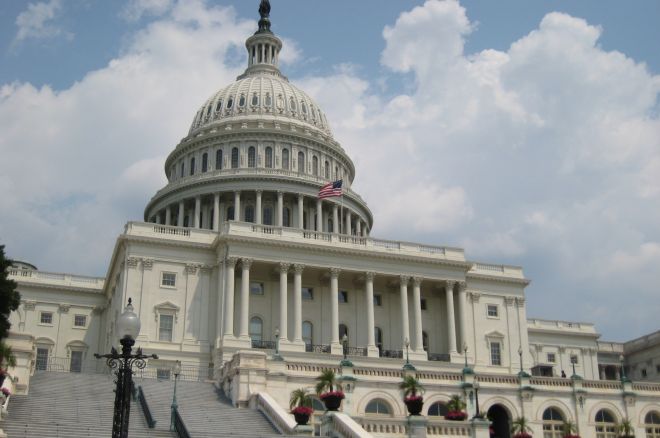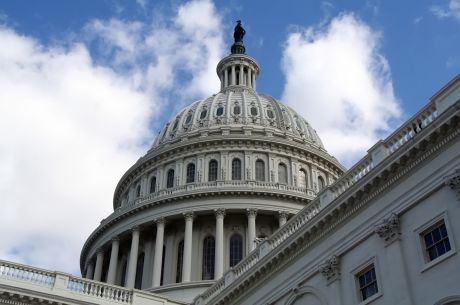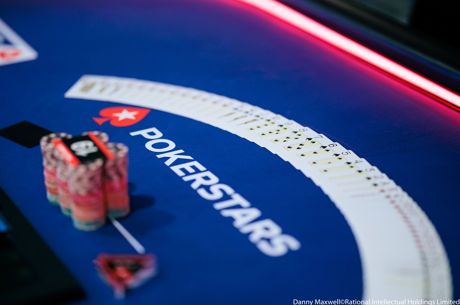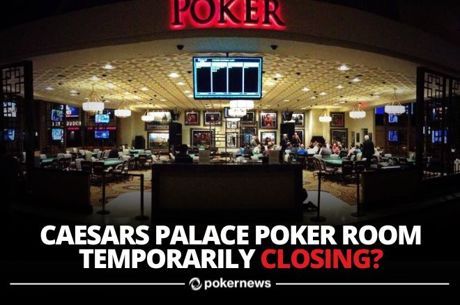PPA Reaction To RAWA Hearing and Thoughts Going Forward

For a hearing with the deck stacked against online poker, Poker Players Alliance executive director John Pappas thought last week's proceedings in the House Judiciary Subcommittee on Crime, Terrorism, Homeland Security and Investigations went about as well as possible.
With three witnesses lined up to favor an Internet gambling ban and six sponsors of the Restoration of America's Wire Act (RAWA), including lead sponsor Jason Chaffetz (R-Utah), on the subcommittee, there was the potential for disaster. Let's face it, just being heard in a subcommittee with crime, terrorism, homeland security and investigations in the title seems ominous.
However, many of the lawmakers in attendance asked questions or made statements that expressed concern with RAWA infringing on states' rights and disrupting lotteries in their home state.
"My feeling is we walked into a potentially really bad hearing and walked away with a lot of skepticism about the bill," Pappas said.
Even Bob Goodlatte (R-Virg.), the Judiciary Committee chair who has a long history of opposing gambling, raised concerns about issues of states' rights.
The hearing was still frustrating in that no regulators or people with technical expertise on issues of online gambling were allowed to testify, and that the three anti-gambling witnesses were permitted to submit outdated studies and scare-tactic generalities into the record rather than the subcommittee having people argue the merits of actual regulated Internet gambling taking place in the United States and Europe. Witness John Kindt even cited a 15-year-old study to show that online gambling couldn't be regulated successfully.
"It was a little surprising that supporters of the bill didn't bring to the table any concrete examples of underage access or geolocation violations," Pappas said. "It's amazing to me that they're still relying on rhetoric and can bring no evidence to the discussion."
To counter the lack of technical experts at the hearing, the PPA sponsored demonstrations on Capitol Hill the day of the hearing with Anna Sainsbury, CEO of GeoComply, and Marco Ceccarelli, senior vice president of Caesars Interactive Entertainment, explaining the technology and safeguards in place to regulate iGaming currently taking place in New Jersey, Nevada, and Delaware. Pappas indicated that the most impressive part was Sainsbury showing live transactions going on in New Jersey and Delaware with geolocation software thwarting attempts of people in Pennsylvania and New York from getting on the site.
And Chaffetz said at the hearing that "it's naive to think you can create these fictitious borders and prohibit it from coming into the state of Utah."
The demonstrations were attended by media, including The Washington Post, representatives from more than a dozen state governors' offices and staffers of 14 lawmakers. No actual Congressmen made it, but it was an extremely busy day on the Hill.
"Mr. Chaffetz's staff was there and sat around after with our technical experts to ask some questions," Pappas said. "I don't know if they got back to Mr. Chaffetz before the hearing, because he still seemed pretty insistent these technologies don't exist."
Unfortunately, it doesn't appear this will be the end of RAWA in Congress this year. Rep. Sheila Jackson Lee (D-Tex.) mentioned the possibility of a markup in the future. A markup would be a time for the bill to be amended and voted on to move out of the subcommittee into the full Judiciary Committee or another House committtee.
"I would like to say we walked out with no chance of the bill going forward," Pappas said. "But I think there's a significant chance that there could be another hearing or markup on the bill."
Before the subcommittee would mark up the bill, one would hope for it to hold another hearing and this time focus on people with knowledge of online gambling rather than the critics who oppose all gambling on moral grounds.
Having Sainsbury illustrate in real time how geolocation software is successfully blocking out-of-state access and New Jersey Division of Gaming Enforcement director David Rebuck answering questions about how Internet gambling is being regulated would be much more useful information for lawmakers who want to take a serious look at this issue.
"I think they'd want to explore what's happening today in regulated marketplaces before seeking to ban it," Pappas said.
Image courtesy of freeimages.com.
For news, updates, and more follow PokerNews on Twitter and Facebook.








